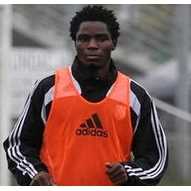
CAPS United defender Kenneth Bulaji is one of the highly-rated footballers in the Premier Soccer League (PSL) in Zimbabwe at the moment.
At a time when the “Green Machine” are battling financial instability that is threatening their mere existence in the top-flight league, Bulaji remains one of the prime reasons the team still has its head above the waters.
Prior to his heading for Caps United, he turned out for Ngezi Platinum Stars, a well-remunerating team where players earn an average of US$600 per month. This, by local standards, is quite gratifying.
And yet Bulaji left the Mhondoro-based soccer outfit to live in Harare so he could keep an eye on a car sales business venture that he has established as a side-hustle. Talking about the reasons for his departure from a better employer, he says, is a waste of breath.
"Harping on my past is not something I want to keep on doing. What is important is that I have started something that will supplement my earnings away from the field of play, and I’m determined to get the best out of it,” he declares.
Footballers on the hustle
Bulaji is not the only professional player who has ventured into entrepreneurship as a way to balance his football career with the lifestyle he wants.
Formal, informal, legitimate or illegal, several other players from across the country's leagues have joined the majority of citizens in side hustles.
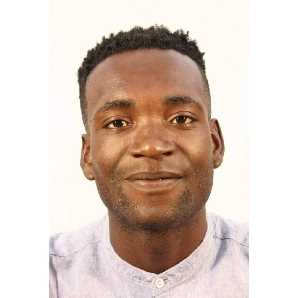
Jerry Chipangura
In July, Harare City striker Jerry Chipangura (24) was arrested in Mabvuku after being found in possession of crystal meth intended for sale. His case is still before the courts.
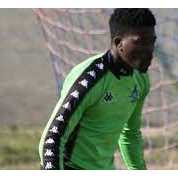
Blessing Mwandimutsira
Black Rhinos goalkeeper Blessing Mwandimutsira is a known forex dealer who spends most of his time away from the field of play at the Ximex Mall area in Harare’s central business district. It is said he can tell you the day’s rate, even in his sleep.
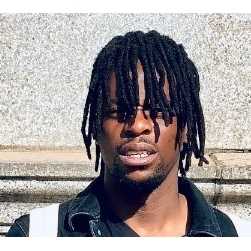
Emmanuel Mandiranga
Emmanuel Mandiranga, another CAPS United player, is often at his father's garage in Chitungwiza fixing cars.
Veteran commentator and analyst Charles Mabika believes the low salaries players and other sports personalities get are the major drivers to this scenario.
"They (players) end up having to find some side ventures, legal and illegal, to complement what they are paid by their teams.
"It is something they have to live with, compelling them to think outside the box if they are to make ends meet.
"This, at times, drives them to lack total commitment to football like what we used to see in the likes of George “Mastermind” Shaya and those of his generation," says Mabika.
What does situation look like in neighbouring countries?
But, is this the general scenario with other countries and leagues in Africa? Is it the same situation with celebrities from other sectors such as the arts?
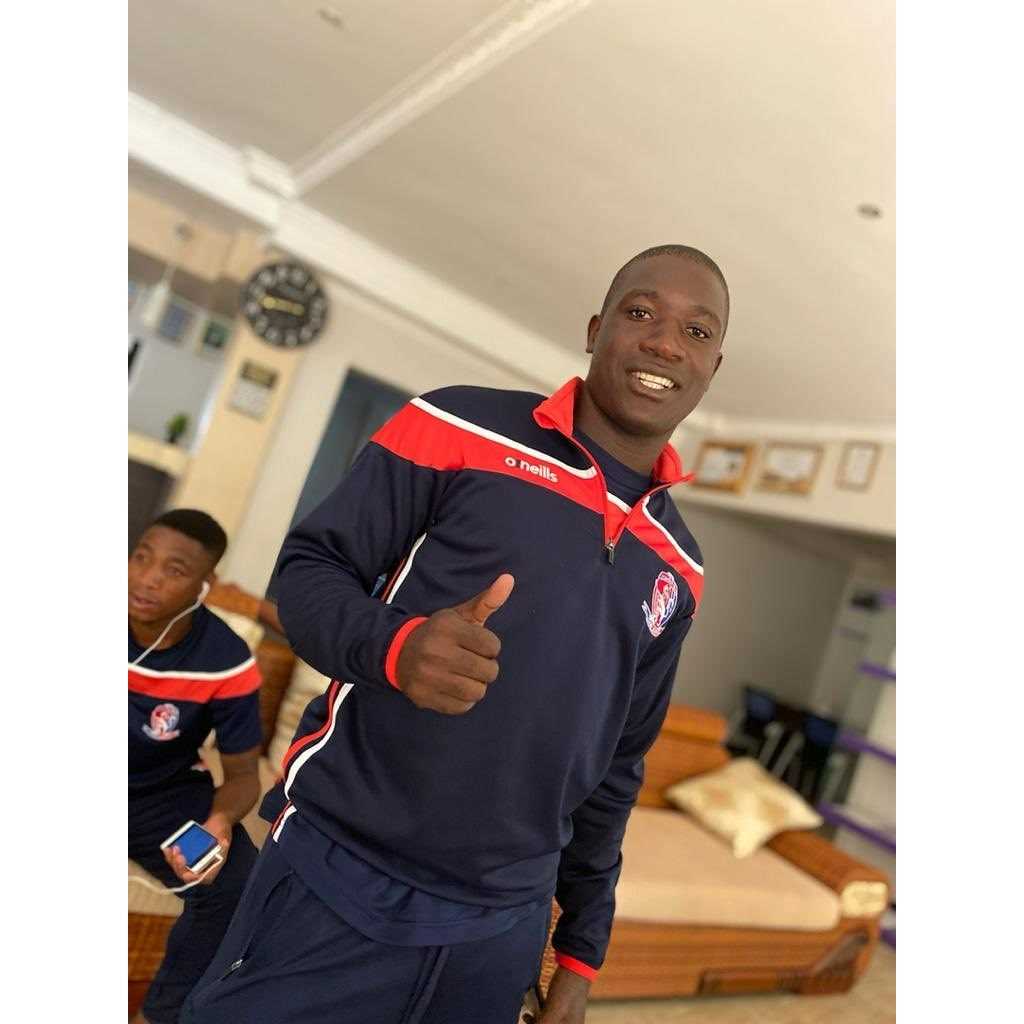
Takudzwa Chimwemwe
Across the Zambezi in Zambia, for instance, Zimbabwean soccer export Takudzwa Chimwemwe (who plays for Nkana) earns over US$2500 per month before bonuses and add-ons.
That means his salary can pay at least 15 players who are at Bulawayo City, Yadah, or any other club in the PSL.
A former Caps United player, Khama Billiat, is the third highest paid at Amakhosi, with a net annual salary of R830 000.
Endorsements equals money
However, a glance at the regional and international football landscape exhibits salaries are not the only thing that defines a professional player’s success.
Related Stories
Christiano Ronaldo of Manchester United and Paris Saint Germain’s Kylian Mbappe, for example, are billionaires because of endorsement deals they have made with such companies as Adidas and Nike.
Bulaji and his local compatriots pale in the shadows of the duo and those in their league.
An owner of a chain of hotels, a fitness centre and a hair transplant business, CR7’s estimated earnings from endorsements alone is around $55 million.
Companies that have signed him on include Nike (lifetime deal), Herbalife, DAZN, MTG, Altice Portugal and American Tourister. It is no wonder, therefore, that Forbes has given him a third ranking among the highest-paid athletes in the world.
Next door in South Africa, players like Keagan Dolly of Kaizer Chiefs (the highest paid at R1.45 million) ‘lives large’ from endorsements. His approximate net worth now stands at R75 million.
Zim corporates prefer social media influencers and musicians

Sad reality for Zimbabwean football players is that even those who have achieved remarkable feats - such as two-time soccer star of the year award recipient, Rodwell Chinyengetere – are still to earn the trust of any corporate.
Corporates do sponsor clubs- currently Sakunda Holdings is sponsoring Dynamos and Highlanders, Bakes Inn, BancABC, Netone and others have been there and done that.
But no one seems to realise the value of the football stars who draw thousands of fans to the stadium.
Instead, the companies opt to scramble for celebrities in social media, music, television and radio sectors who to associate with their products and services, ignoring the masses that follow football.
Musicians like Alick Macheso (a Red Cross Society Ambassador) and Jah Prayzah (powered by the Nyaradzo Group) can afford to forego live shows and still live well from proceeds they get from the endorsements.
Brand agency rests with football stakeholders
Mabika, however, says it’s two-way matter and players cannot just sit back and wait for corporates to come to the table.
“Confidence of the corporate sector is won by results, discipline and total commitment to one’s trade,” says Mabika.
The players, he argues, need to show hard work on and off the field of play if they are to make a name for themselves first.
"I also think that the administrators of the game are not doing well to market their products, the players," he notes.
His comments come against a background of a league (PSL) that boasts of a single sponsor in Delta, whose total sponsorship package is US$3 million over a three-year period (2021-23).
Why more sponsorship cannot be attracted may be a question of corporates questioning the benefits associated with partnering the PSL in the first place.
The chairman of the PSL, Farai Jere, is a majority shareholder of Caps United FC, one of the oldest and most popular teams in the country.
Currently, players at Caps Utd are on strike as a protest for unpaid salaries dating back to March. Jere says he needs US$40 000 to foot the costs of a single match and the burden is evidently proving too heavy for him to carry.
Compare this with a team like Kaizer Chiefs which has grown to become one of SA’s biggest commercial brands.
Toyota, Vodacom, Nike SA, Carling Black Label, Medshield (medical aid), Protours (luxury transport operator), Kaelo (medical insurance) and Oivest (financial services) are some of the corporates that bankroll Kaizer Chiefs, whose net worth is estimated at US$9.1 million.
Established in the ‘70s, “Amakhosi” has managed to win 13 league titles, 50 club trophies and built a massive fan base of millions of supporters in that country.
Naturally, companies have come on board to seize an opportunity of marketing their brands (because of the pull factor), just as bees take to honey.
Results and a good record = a good following = corporate attention = mileage. It is a win-win situation.
Sports consultant and director of Real Betis Academy Zimbabwe, Gerald Sibanda, also believes the onus is on the players themselves to “do that extra”.
"We are living in a digital world. The players should get themselves capable managers who can run their social media platforms professionally.
"Once one has built a good brand for themselves, everything starts falling into place like a jig-saw puzzle," he says.
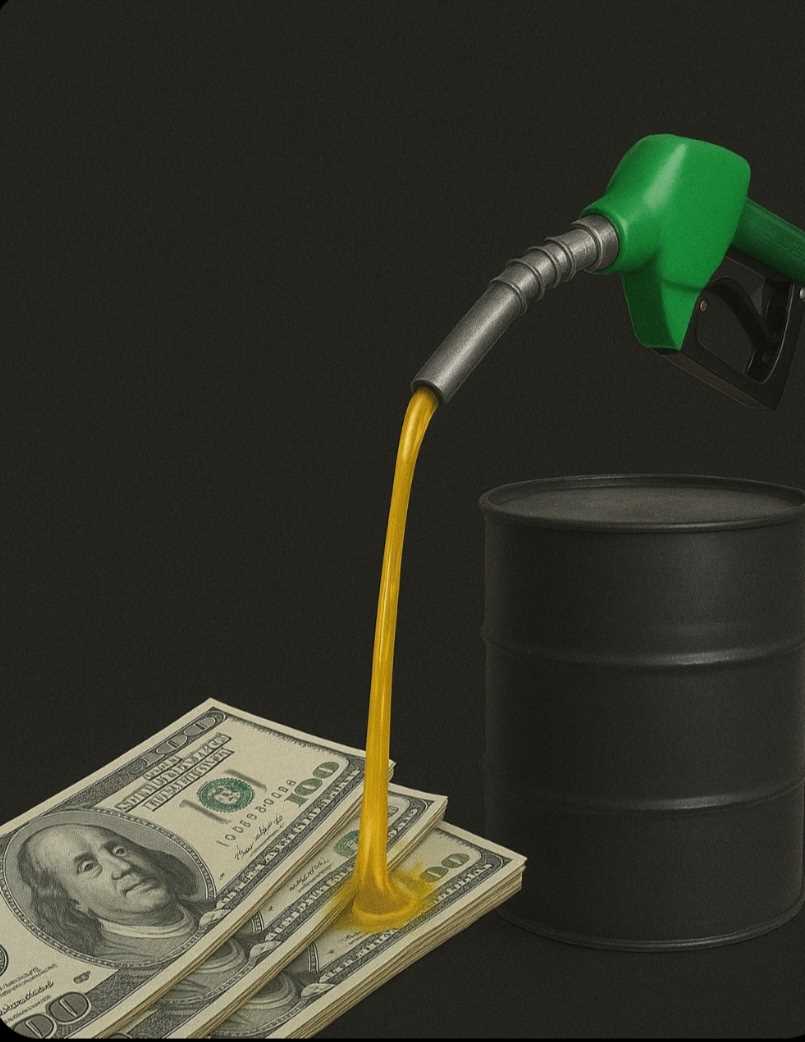

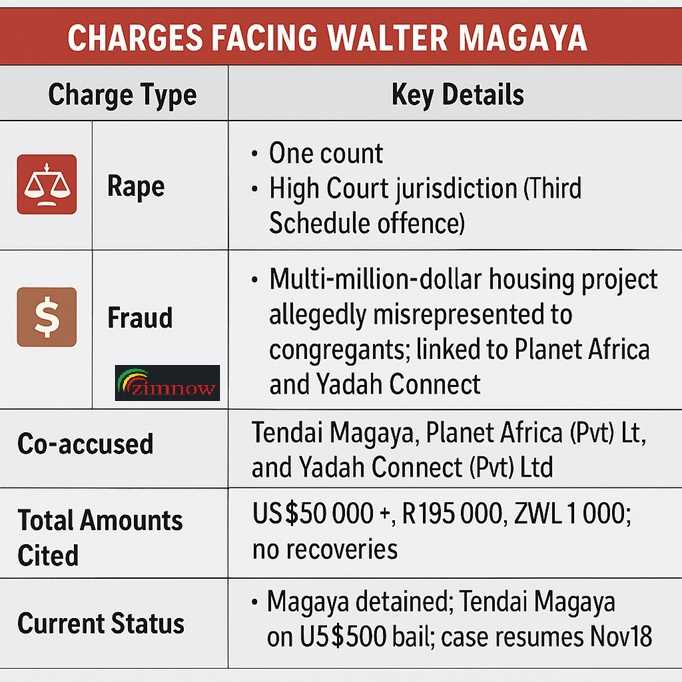
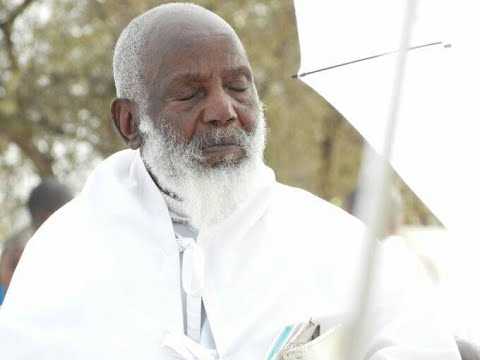
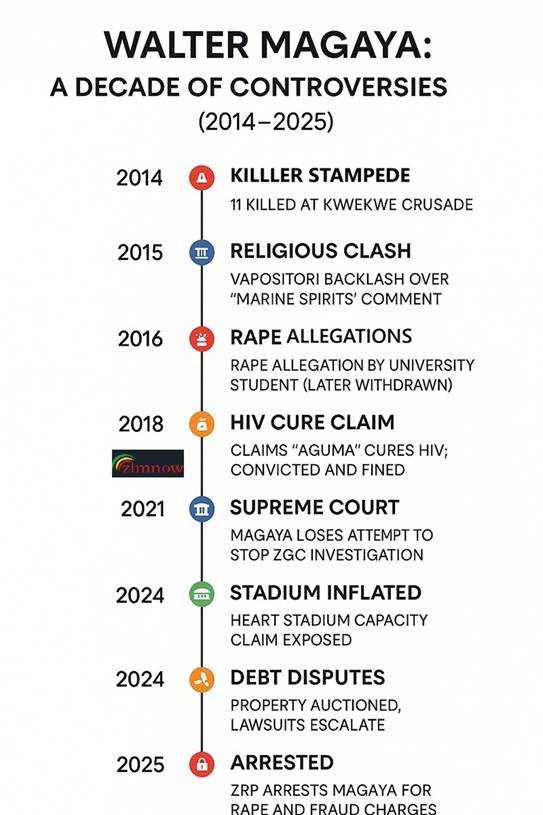
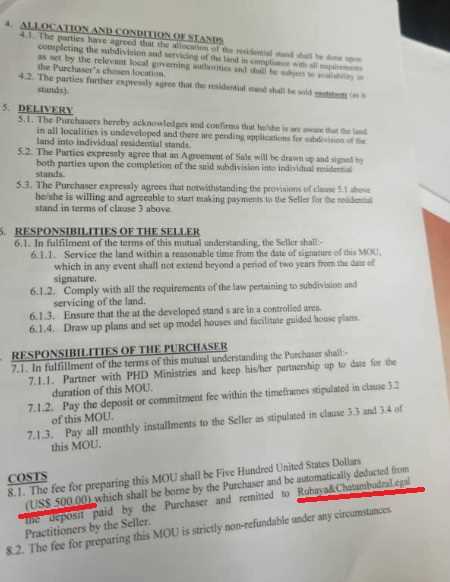
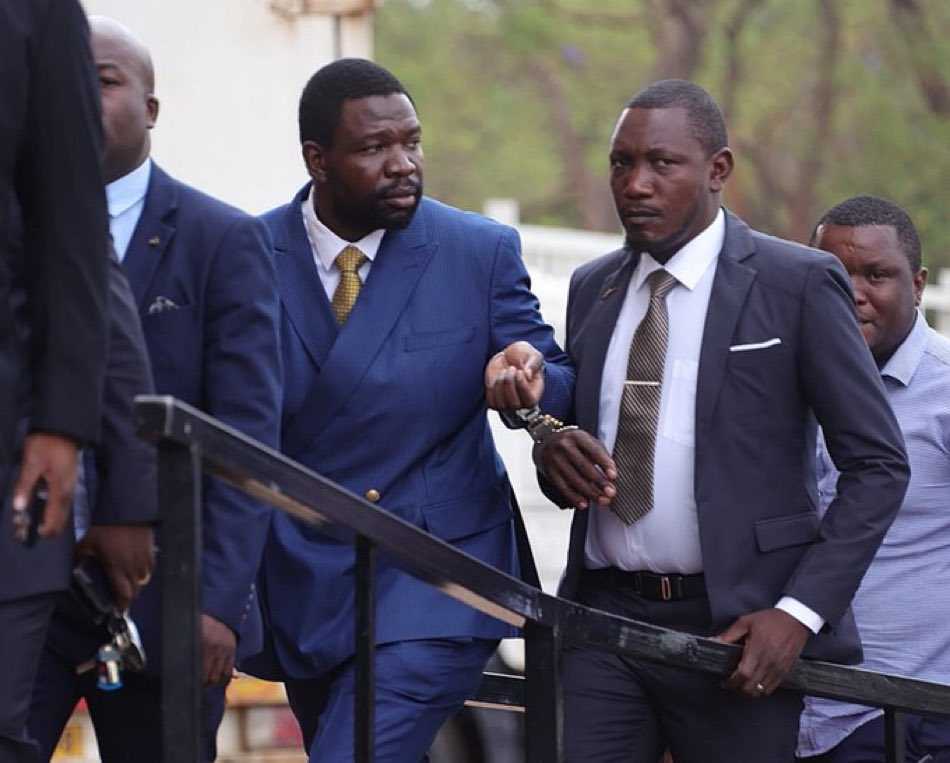
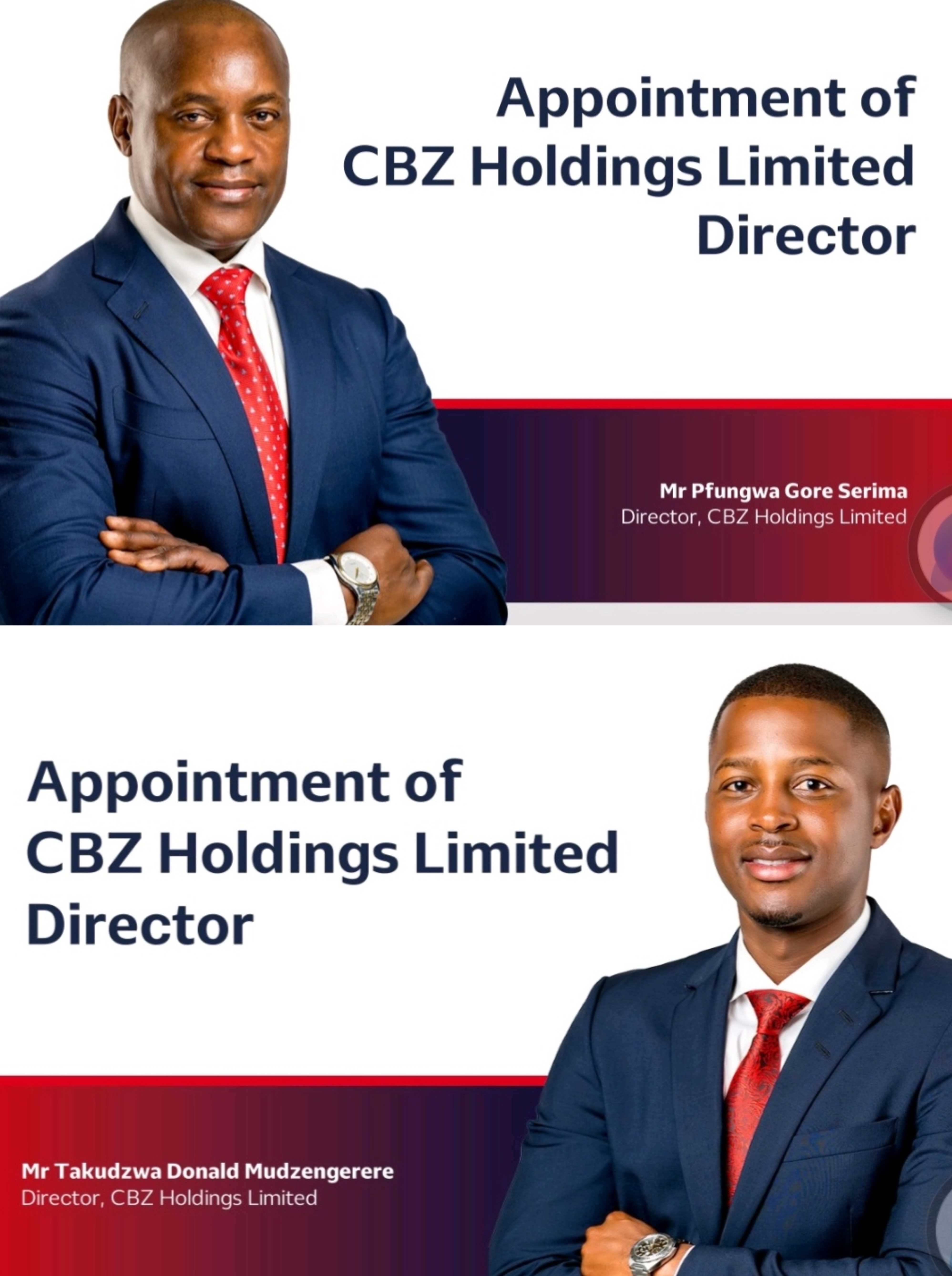


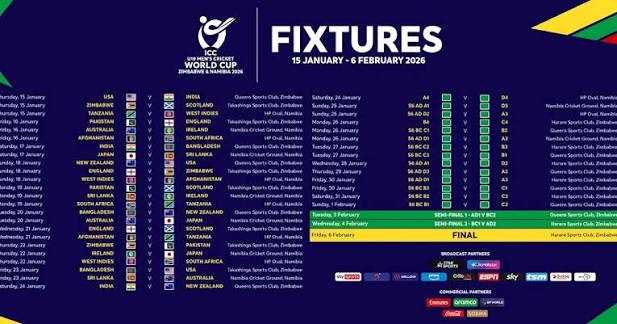

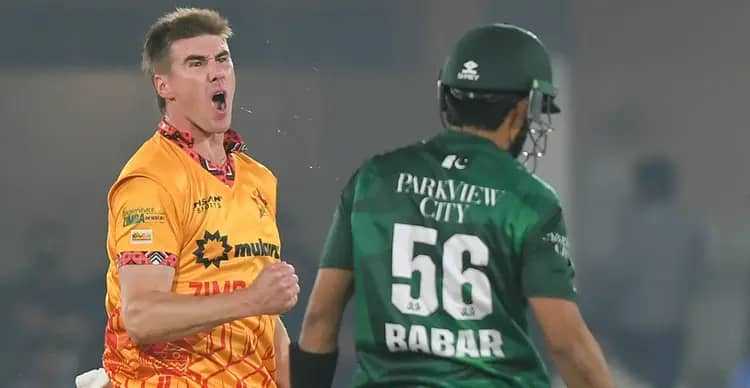

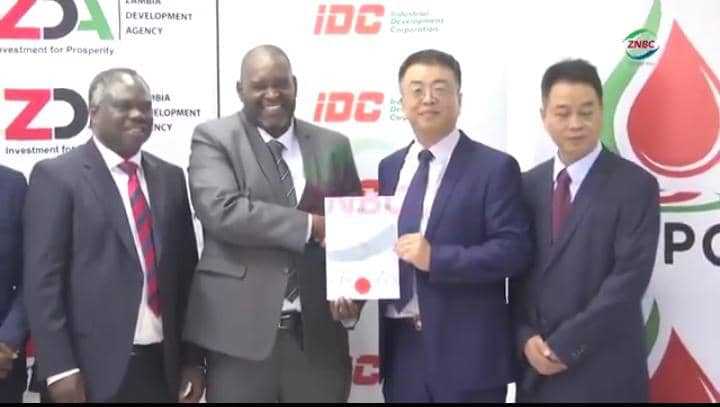


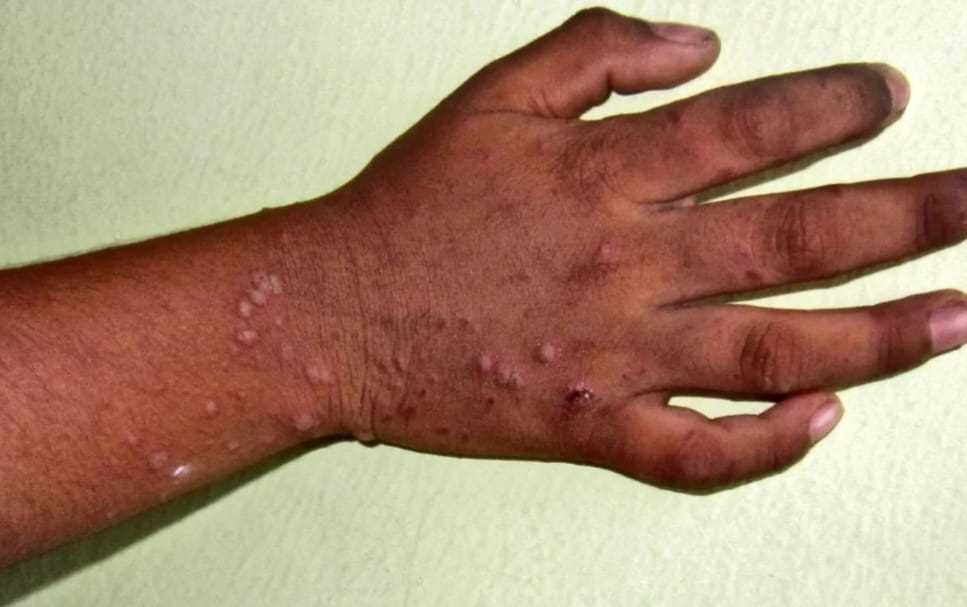


Leave Comments